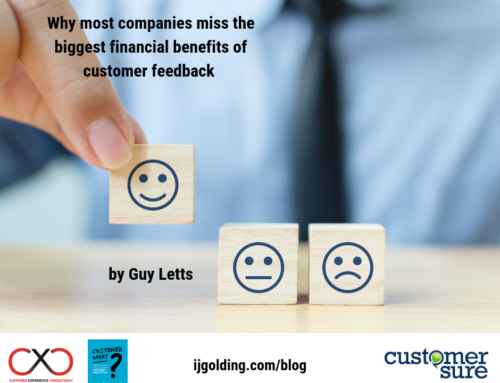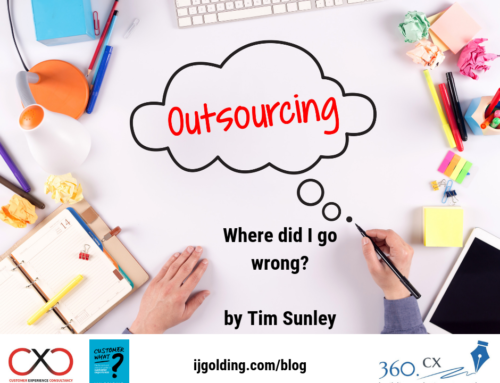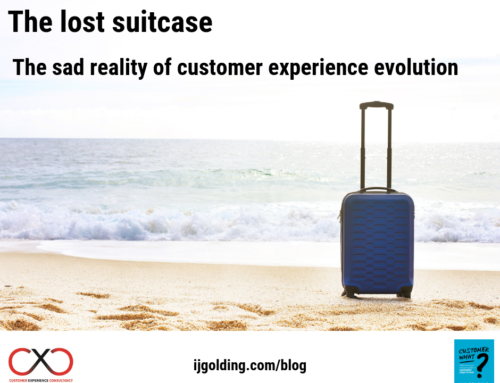
Unless you are living in a cave (or somewhere outside the UK), you will have noticed that a number of extremely well-known brands are getting a little bit of exposure at the moment. Google, Amazon and Starbucks are three multi national giants who have been ‘highlighted’ as not having paid ‘enough’ Corporation Tax in the UK. This is not a blog that is going to question the rights or wrongs of any organisation’s tax strategy. I am neither qualified nor intelligent enough to start advising on tax related matters! What I am going to discuss though is the effect that issues like this can have on the consumer, their behaviour, and ultimately the organisations in question.
I must start by pointing out that none of these organisations have actually done anything wrong – in the eyes of the law. They, along with their specialist accountants, have designed financial strategies to benefit their shareholders. They would probably argue that these strategies also benefit their customers and employees. The more financially stable an organisation, the more able it is to grow, thus providing its customers with ever better products and services, and its employees with stable and secure jobs. We can all be certain that businesses have been doing this for years!
However, as we all know, the world today is a very different place for a multi national corporation. The consumer has access to information that they would never have had the opportunity of knowing as little as ten years ago. Fuelled by the press, we now have up to the minute insight into the way businesses are performing and behaving. It is this insight that has led to the consumer becoming very interested in the ethical nature of businesses, whether they transact with them or not.

The ethical nature of businesses is actually nothing new. The Body Shop, for example, was launched by the late Anita Roddick in the 70’s. The environmentally minded brand was at the forefront of a revolution that saw many consumers wanting to look after their planet. When you think of the ‘green’ movement today, it is clear how advanced Anita Roddick was – giving the consumer what they wanted in a way that protected what is important to all of us. Creating an ethically based proposition was hugely successful – but in the case of the Body Shop, it was done pro-actively. They were not an existing brand that waited to be told that they way they made products was damaging to the environment. They did not wait to be told they were ‘unethical’. Anita Roddick wanted to do the right thing, and as a result, she created a brand and products that were part of a customer experience that the consumer could connect with – FUNCTIONALLY and EMOTIONALLY.

The Body Shop is not the only example. The Co-Operative Group is an organisation that places great importance on ethical and transparent trading. They have won numerous awards and recognition for the ethical nature of the way they do business in the all the sectors they serve. Just recently, the Co-Op’s energy business reduced prices – here is what the website myfinances.co.uk said about them (http://www.myfinances.co.uk/cut-your-bills/2012/11/18/co-op-shows-that-you-can-cut-energy-prices-during-winter)
Although the Co-op only has 60,000 customers this is set to change, according to analysts in the energy market.
Tom Lyon, energy expert at uSwitch.com, says: “This move suggests that the Co-op is serious about putting ethics back into the energy market – by cutting its prices, even by as little as 2%, it is sending out a clear message that not all suppliers are the same.”
The electricity price fall will apply from December 21st and means that the Co-op’s annual dual fuel average energy price is £1,143, £191 cheaper than the new average dual fuel price of all of the suppliers after the recent price increases.
The Co-op is a new entrant into the energy market and aims to challenge the hegemony of the “big six” by offering just one price and by freezing its prices until April 2013.
By cutting electricity prices it means the Co-op’s overall energy tariff is cheaper this winter than it was last winter.
It aims to try to entice new customers by offering a different approach to the established energy companies.
Tom Lyons added: “By differentiating itself from the traditional suppliers the Co-op should be able to attract consumers that are fed up with the big six and want to try something new.
“A more ethical approach and good customer service go a long way to winning people over, but attractive prices will see the trickle of new customers turn into a flood.”
The cut in electricity costs by the Co-op will reduce the annual bill by £23 a year.
However, another aspect of the Co-op’s pricing and billing strategy is that it does not offer discounts for customers who pay by direct debit. This is unusual in the utility market these days.
It means that the Co-op does not offer the cheapest tariffs on the market and is more of an advantage for pre-payment customers or people who usually pay their bills by cash or cheque. These customers will not miss out on any discounts with the Co-op and means that the Co-op is cheaper than all of the “big six” energy firms for these type of customers.
The Co-Op have recognised that by doing the right thing for your customer, morally and ethically, it is likely that more consumers will want to transact with them. A straw poll that I have conducted with friends and colleagues is suggesting that people think very highly of Co-Op as a brand. One person said to me that even though their supermarkets are not as good as the ‘big boys’ they feel good about shopping in one.
The Body Shop and the Co-Op are legally behaving in exactly the same way as Google, Amazon and Starbucks. What they are doing differently is perhaps to do with morals and ethics. In a world where there is so much choice, differentiation by any means is vital to connecting with customers. Behaving in what is considered a moral and ethical way, connects to the EMOTIONAL customer experience.
Google, Amazon and Starbucks are now being seriously challenged by the ‘moral debate’. Despite doing nothing legally wrong, they are being attacked by consumers who believe they are behaving in an unacceptable way by not paying what is perceived to be ‘their fair share’ of taxation in the UK. This perception is now fundamentally damaging their brand. This in turn is tainting their customer experience. Starbucks for one is a brand that delivers a strong, consistent, customer centric experience. But by not dealing with the ‘moral debate’ quickly and effectively, the experience is in trouble. What customers are now recalling in the EMOTIONAL element of the experience with Starbucks is not the taste of the fantastic Christmas coffee creation, but the sour taste of immoral behaviour. It is ironic that a brand who has been a keen supporter of the ‘Fairtrade’ movement is in this predicament.

Starbucks have now announced that they intend to pay more tax in Britain – how chivalrous of them. Have they made this decision because they want to do the right thing? Or have they made this decision because customers have started to ‘vote with their feet’? Amazon and Google have not announced anything – will customers stop interacting with them as well? It is not just about these three US-based organisations either. I heard an interview this morning with the boss of TUI – they were reporting strong financial results. ‘I have noticed in your latest results that you have not paid any corporation tax this year’, stated the interviewer. The TUI CEO was noticeably shaken – eventually trying to explain how Corporation tax works. Unfortunately for him, and all business leaders in the UK at the moment – whether you are right or wrong, you now have to determine if what you are doing will be deemed as ethical. Failure to do so can damage your brand and customer experience!
For years, too many businesses have done what they think is right – for their shareholders. We now live in a world where unless you do what is right for your shareholders, customers and employees in equal measure, your brand and the experience the brand delivers can be compromised. I am sure that the brands being put in the spotlight at the moment will recover – their brands and the experiences they provide are very strong. What I do hope though is that this episode highlights the importance of being honest and transparent in business. Let’s see the good guy winning through from now on, whilst the bad boys falter in the shadows.
As always, your comments are very welcome.






nice one. I saw the TUI interview too! Fascinating that this dominated the whole results piece. How long though before Starbucks play the “it’s either cut benefits or jobs” card. And then it will be, shop here or help the unemployment rate rise still higher.